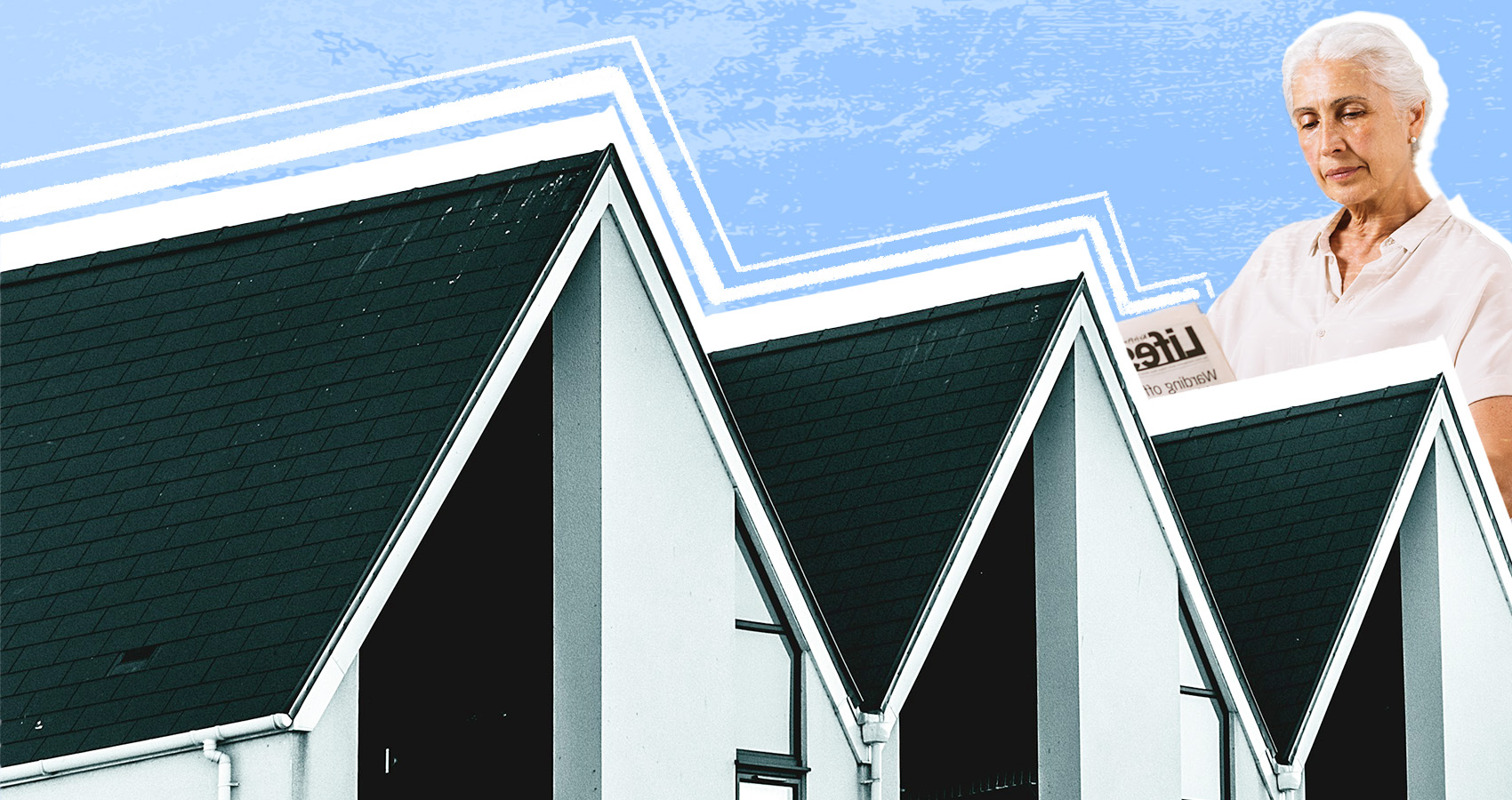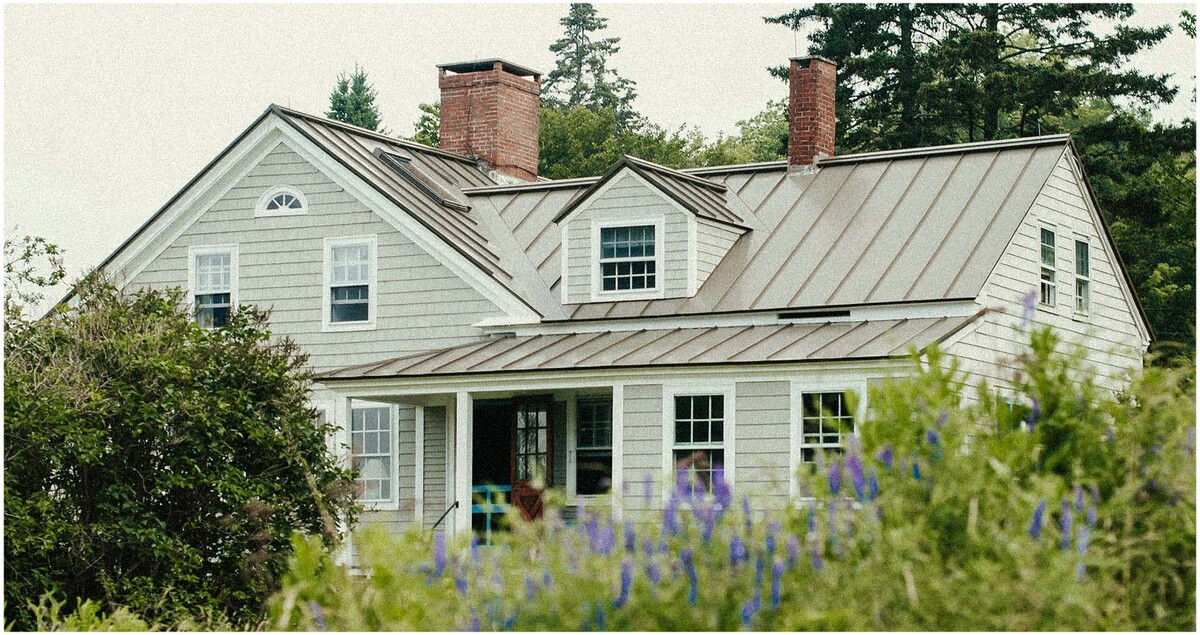
Beginner's Guide to Understanding Retirement Villages
Options, costs, and essential documents in Victoria.
Imagine living in a peaceful community surrounded by beautiful scenery, where you can enjoy your golden years in comfort, friendship, and medical care. As retirement gets closer, moving to a retirement village becomes a more appealing option for many people and their families. In this article, you will be presented with a beginner's guide to understanding retirement villages Victoria.
Different Types of Occupancy in Retirement Villages
Long-Term Leasehold
In retirement villages, long-term leasehold occupancy means that residents hold a lease for a specific period, typically ranging from 20 to 99 years. During this time, residents have the right to occupy and use the property, but they do not own the land. Instead, they pay regular lease fees to the village operator.
This arrangement offers residents security and stability without the responsibilities of property ownership.
License
Unlike a leasehold or freehold title, residents do not have legal ownership or exclusive rights to the property. Instead, they have a contractual agreement with the village operator, outlining the terms and conditions of occupancy. License agreements often include provisions for services, amenities, and fees.
Freehold Title
Freehold title ownership in retirement villages grants residents full legal ownership of the property and land. This means residents have the right to use, sell, or pass on the property to heirs as they see fit.
When people own their own homes outright, they have more freedom and control over where they live. However, it may also involve higher upfront costs and ongoing responsibilities, such as maintenance and insurance.

Costs Involved in Retirement Villages
Entry Payment
The entry payment in retirement villages is the initial sum of money paid by residents to secure their accommodation. This payment typically covers the right to occupy a unit or property within the village. Entry payments may come in different forms, including refundable deposits, non-refundable contributions, or purchase prices for freehold properties.
Ongoing Costs
Ongoing costs in retirement villages are recurring expenses that residents must budget for throughout their stay. These costs can include maintenance fees, service charges, and management fees.
Maintenance fees cover the upkeep of communal areas, gardens, and facilities within the village. Service charges may include costs for utilities, such as water, electricity, and heating. While, management fees contribute to the administration and management of the village, including staffing and operational expenses.
Exit Fees
Exit fees, also known as departure or deferred management fees, are costs incurred by residents when they leave the retirement village. These fees are designed to cover the village's operational expenses and may be calculated based on a percentage of the entry payment or the property's sale price.

Documents to Consider Before Entering a Retirement Village
Village Comparison Document
A Village Comparison Document is a comprehensive guide that provides essential information about different retirement villages. It typically includes details such as the facilities and services offered, accommodation options, location, and fees.
This document allows prospective residents to compare various villages and make informed decisions about which one best suits their needs and preferences.
Prospective Costs Document
The Prospective Costs Document outlines the financial aspects of living in a retirement village. It includes details such as entry payments, ongoing costs, and potential exit fees. This document helps prospective residents understand the financial commitments involved in entering and living in the village.
Residence Contract
The residence contract is a legally binding agreement between the resident and the retirement village operator. It outlines the terms and conditions of residency, including rights, responsibilities, and obligations.
Village By-Laws
Village Bylaws are rules and regulations that govern the conduct and behavior of residents within the retirement village. These by-laws cover various aspects such as noise levels, pet ownership, visitor policies, and use of communal facilities. It's important to familiarize yourself with the village by-laws before entering the village to ensure that you can comply with them.

Be Proactive, Plan Your Retirement Living Now
If you are thinking about aging in place, retirement villages, or other options for seniors, planning will help you make decisions that are right for you. So, embrace the opportunity to design a retirement lifestyle that brings you joy, security, and fulfillment.











